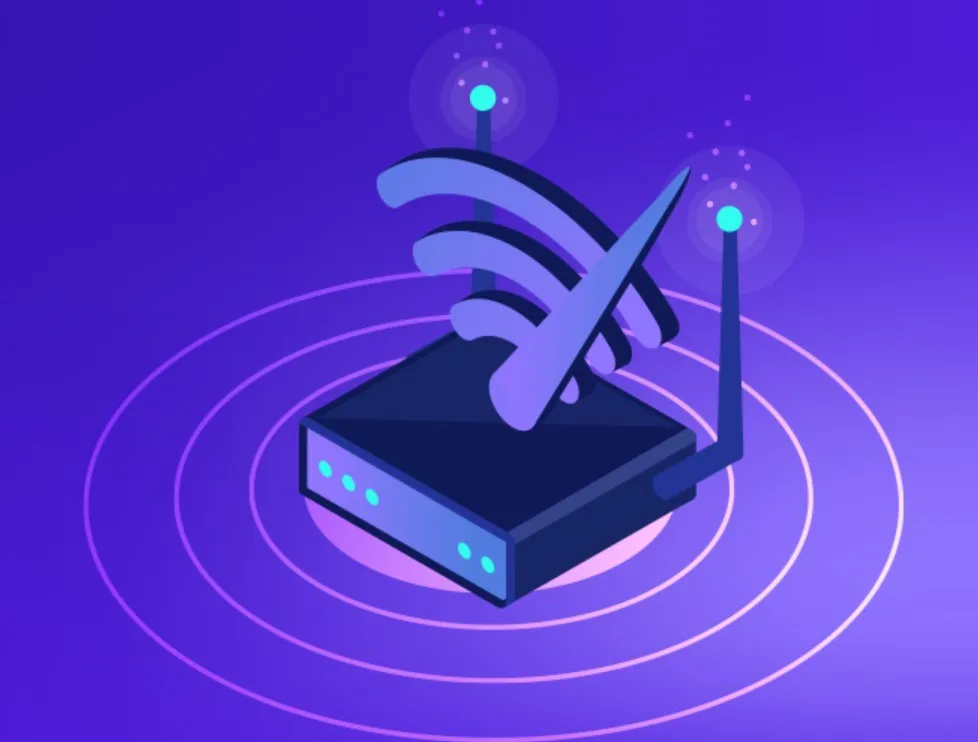Have you recently moved to a new area? Setting up an internet connection for your new space is an important step towards making it feel like home. However, this is not something to rush because an unreliable internet provider is not something you’ll want to deal with while settling in. You may even sign up for an internet plan that doesn’t provide good value for your money, and we cannot see that happen!
If you’re simply someone who is fed up with their current internet provider and wants to changeover, we’re here for you too! You may have messed up the first time around, but you’ll hit the bull’s eye this time with our guidance.
Here’s how you choose an optimal internet plan that’s compatible with your location and lifestyle:
1. Determine Your Internet Needs
1. Determine Your Internet Needs
Don’t reach out for the first thing that comes up. You may not need the fastest internet connection on the table; moreover, the cheapest option could be a trap. Forget about taking out your debit/credit card at this point because you need to determine your internet needs first.
Answer these: What do you need the internet for?
What are your day-to-day internet activities?
For instance, if your usual agenda involves browsing, light streaming, checking social media sites, ordering food, and using rideshare apps, you can survive with the bare minimum. An internet plan offering up to 100Mbps download speed should be sufficient.
Your internet needs also depend upon the number of people living in your house. If you have a family of five or more, you will naturally require greater speed and data limit. When multiple devices are connected to the same network, the bandwidth gets distributed so you only get a fraction of the expected speed.
If you and more people in the house make heavy usage of the internet, you may consider going for gig speeds. Online activities that require fast internet and a generous data allowance include gaming, regular streaming in 4K, working from home, and so on. If gig-speed internet plans are out of your budget, you can settle for 300Mbps – 800Mbps as well.
2. Explore All Your Options
Moving to a metropolitan area has many perks, which include plentiful internet providers to choose from. You should look at all the internet services available in your area, so you can find the one that best suits your needs. Different companies operating in your area may offer separate kinds of internet connections, so you must understand the difference.
Living in the city, cable internet should be the soundest and readily available option. If you want ultra-fast internet, focus on fiber optic connections instead. Wired internet connections are generally reliable and faster than wireless connections. Wired connections for homes are also relatively cheaper, which makes them the superior option.
On the other hand, if you are living in a rural or remote area, the ability to acquire a wired connection might be hampered. If you’re lucky, one or more internet providers may be able to equip you with a DSL connection. This is a wired connection that utilizes your telephone line; it is stable but not as fast as cable or fiber internet.
When wired connections are out of the question, it is feasible to consider a fixed wireless or satellite internet provider. Wireless internet services excel in coverage, but they lack speed and consistency. Most of them are comparatively expensive and come with strict data caps.
3. Compare Features
Once you’ve decided on the type of connection and narrowed down your options, the next step is to compare plans and pricing. Several internet providers offer bundled deals that include internet, TV, and telephone services together.
If you’re looking for an all-inclusive package that provides maximum value, we suggest you check out Cox deals. Cox is providing cable internet services in 19 states right now, so you should check for availability in your area. If you don’t need TV and telephone service, you can go for a standalone internet plan as well.
Basic internet plans with speeds ranging from 100-300Mbps are more economical. Most internet providers have promotional prices for new users, but I advise you to not fall for them right away. You must be aware of the terms and conditions before signing up for an internet plan.
Some internet providers require customers to enter a term agreement to avail of discount offers, which is not suitable for everyone. Do not forget to check the price of your selected plan after the promotional period is over. Beware of hidden charges such as equipment fees, installation costs, etc.
Choosing an optimal internet plan for your household isn’t as hard as it seems. Allow yourself to take some time and think over it instead of making a decision in haste. It never hurts to take a second opinion in case you can’t make up your mind or have any doubts.
People in your neighborhood may guide you regarding the best internet provider in the area. Apart from that, you should look up customer reviews and reach out to customer service representatives of different internet providers.
